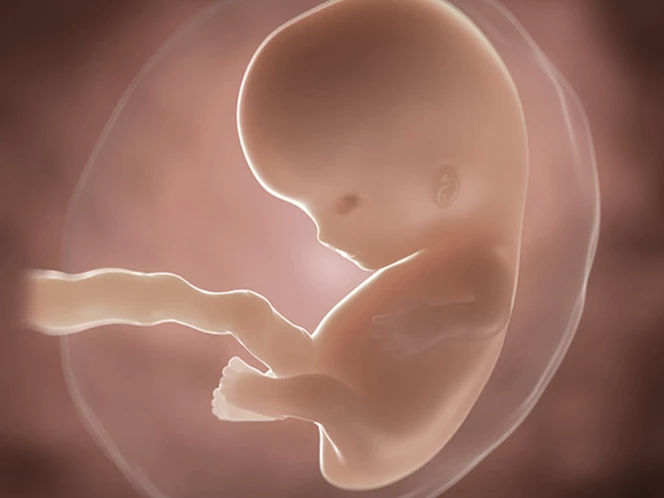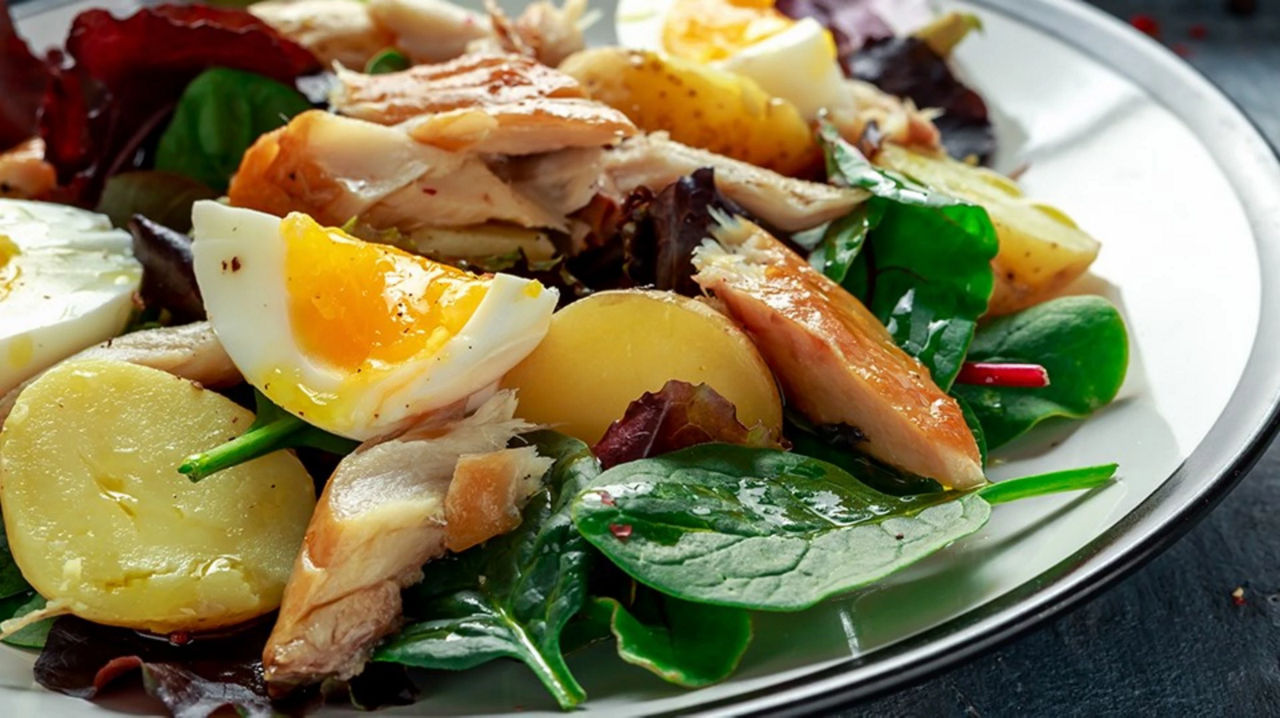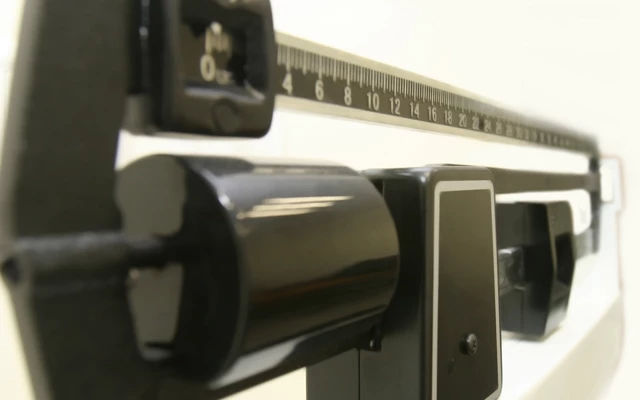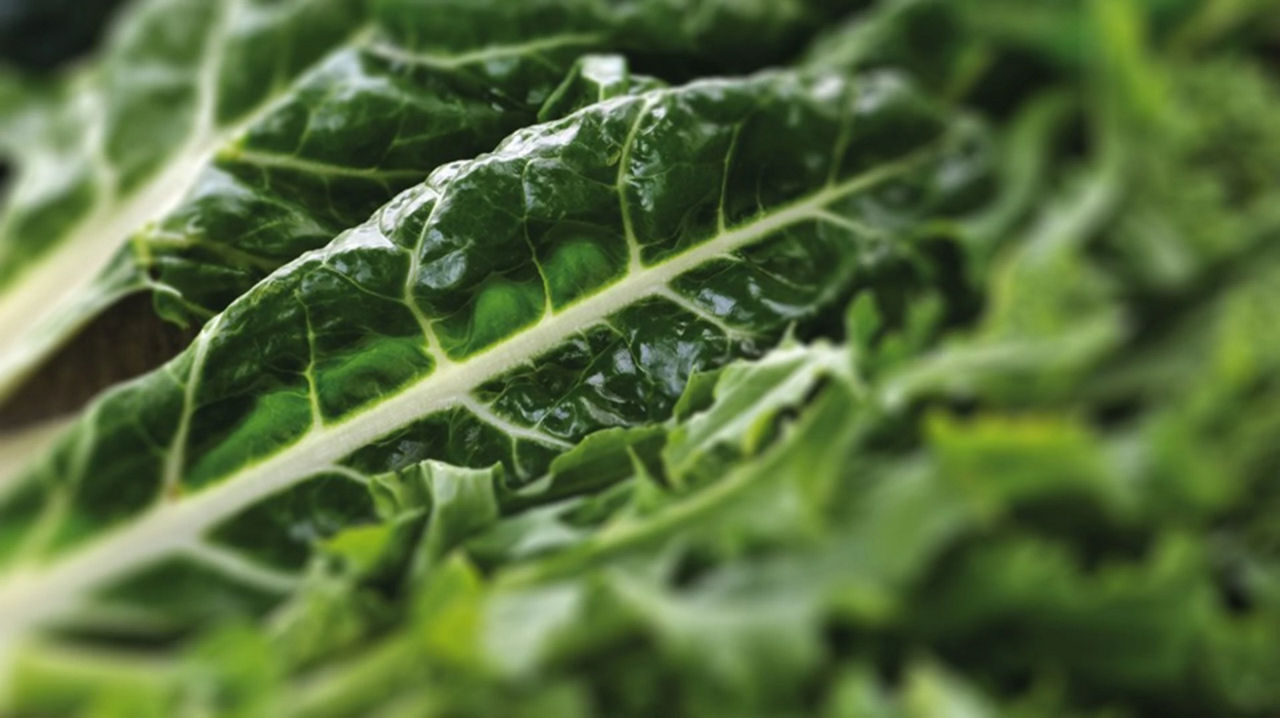8 Weeks Pregnant: Pregnancy Symptoms & Baby Development

Explore pregnancy stages week by week
8 weeks pregnant is how many months?
Month 2 (Trimester 1)
At 8 weeks pregnant, your baby is now called a foetus. Still nestled safely within the amniotic sac that will cushion and protect your baby throughout your pregnancy, the foetus is getting all the nutrients it needs for growth and development from the yolk sac1. Your baby’s legs are starting to grow, although they’re still waiting for their toes, knees and ankles to form1.
Let’s explore your baby’s development in the womb at 8 weeks pregnant, as well the growth and role of the placenta, and the supplements and prenatal vitamins that can help you maintain a healthy pregnancy.

Your baby’s development at 8 weeks pregnant
Your baby’s legs have grown in the last two weeks, although they’re not yet fully developed. At 8 weeks pregnant, your baby’s knees ankles and toes haven’t yet formed, but rest assured that it won’t be long before they do1. Your baby’s arms are also starting to grow and are currently bigger than their legs. This is because your baby’s upper body grows faster than the lower part2.
Their tiny lungs are growing3, and by the time you reach the end of week 8, your baby will have webbed fingers and toes that will go on to become their hands and feet3.
Incredibly, your baby is already starting to make small, jerky movements as their muscles begin to function, but it will be several weeks before these are strong enough for you to notice3.
How big is my baby at 8 weeks pregnant, and what do they look like?
At 8 weeks pregnant your baby is around the size of a raspberry, and measures approximately 16 mm long. Although they’re tiny now, your baby is due to double in size over the next couple of weeks2.
Your baby still looks a little like a tadpole, with a bump that forms the head at one end, and a tail at the other. However, their head has started to uncurl2, and the tail will soon disappear and become your baby’s back3.
From now, your baby’s face is really starting to take shape. The eyes (which now have pigment in them) are becoming more obvious, and there’s a tongue – complete with tiny taste buds - in your baby’s mouth4.
How big is my baby at 8 weeks pregnant, and what do they look like?
At around this time, there are a few pregnancy symptoms that may be causing you some discomfort. Swollen breasts, for example, morning sickness and bloating.
Whilst your tummy might feel bloated, you won’t yet have a noticeable baby bump, especially if this is your first pregnancy2. As such you’re in luck if you’d prefer to keep your pregnancy to yourself for a little while longer. However, if you have had a baby before, your tummy may look pregnant, even at this early stage, as the muscles and ligaments have been stretched before.
At 8 weeks pregnant, the placenta is also growing and developing. The placenta is forming structures that resemble tree branches which will attach themselves to the wall of your uterus. This will allow the placenta to provide your baby with the nutrients and oxygen they need, as well as carry waste products away2.
8 weeks pregnant: signs and symptoms
If you haven’t experienced any symptoms up to now, some of them might start to kick in at 8 weeks pregnant. Keep in mind though that everybody is different - not everyone experiences the same pregnancy symptoms, and some pregnant women don’t experience any at all.
Below you’ll find more information about some of those common 8-week pregnancy symptoms. Take a look.
Soreness and discomfort in your breasts are a very common pregnancy symptom, and is the result of those vital pregnancy hormones making their way around your body5. In addition, you may notice that your breasts are getting bigger, and that your nipples are becoming darker in colour and standing out more6.
To help with any ongoing discomfort, you might want to consider getting a maternity bra, as this will help to support your breasts as your pregnancy progresses.
Feeling tired or even exhausted? You’re most certainly not alone. A common pregnancy symptom, many pregnant women experience a level of tiredness and fatigue throughout their first trimester7. Always make sure you give yourself the time you need to rest, eat a healthy pregnancy diet and drink plenty of water to stay hydrate, all of which can help with your energy levels.
According to the NHS, approximately 8 out of ten women are affected by nausea and vomiting during their pregnancy8.
In most cases, morning sickness (which, despite its name, can happen at any time of the day or night) will ease anywhere between 16 and 20 weeks of your pregnancy, although for some women it will go on for a longer period of time9.
Feeling queasy?
Morning sickness is unlikely to cause any harm to your growing baby - in fact nausea is usually a sign of a healthy pregnancy10. Try some of these suggestions to ease your symptoms9:
- Get a good night’s sleep and plenty of rest during the day
- Eat a dry cracker, toast or plain biscuit before getting out of bed
- Eat little and often to keep something in your stomach
- Drink plenty of fluids
- If drinking is proving difficult, ice lollies, ice cubes or simply sips of whatever you can stomach will keep you hydrated
- Include ginger in your diet, either as a freshly infused tea or non-alcoholic ginger beer
- Try motion sickness bands. They are worn on the wrist and positioned to press on an acupuncture point. Some women find acupuncture helpful
- If you are taking anti-sickness medication, take the first dose 30 minutes before you get out of bed in the morning
Bear in mind that your body may respond differently on different days. Keep experimenting with the suggestions above, and if you’re concerned that you’re not eating or drinking enough because of your nausea, let your midwife or GP know.
At 8 weeks pregnant, the pregnancy hormone progesterone is busy relaxing the muscles in your digestive system. As a result, you may experience some discomfort from bloating and excess gas. Later on in your pregnancy, at around week 10, progesterone can also contribute to another pregnancy symptom - heartburn.
That aside, progesterone can be very helpful in pregnancy, allowing your uterine muscles to relax and accommodate your baby as they grow and develop11.
Earlier on in the first trimester, light spotting and bleeding is a common symptom of early pregnancy. In most cases, this is completely harmless, and is the result of the embryo implanting itself into the lining of your womb. This is known as implantation bleeding6.
However, it’s important to seek medical advice about any bleeding that you experience in pregnancy, just to be on the safe side and ensure that your pregnancy is progressing as it should.
As your body changes and the ligaments and muscles stretch, you may experience some mild cramping. This could also result from trapped wind or constipation12. Always seek medical advice if the pain becomes severe or unmanageable or is accompanied by bleeding.
As your pregnancy progresses, your expanding uterus and growing baby will put increased pressure on your bladder, causing more frequent trips to the bathroom for a wee. Whilst it might be tempting to reduce the amount of fluid that you drink, it’s important to drink plenty to ensure that you stay hydrated.
At 8 weeks pregnant, you might notice some changes to your sense of smell and find that you’re more sensitive to smells like cooking or certain foods6. Whilst many pregnant women report a change to their sense of smell during pregnancy, there’s no conclusive answer as to what the cause of this might be, and further research is needed here13.
For some women, pregnancy can sometimes feel like an emotional rollercoaster. If you’re experiencing mood swings, you’re not alone. There are a lot of hormonal changes going on during pregnancy, and the hormones progesterone and oestrogen may well be responsible for any mood swings you’re having14.
Be sure to eat a healthy and balanced diet, and perhaps try some light exercise if you feel up to it. You can learn more about the benefits of exercise in pregnancy here. Don’t ever hesitate to discuss your feelings with your friends and family if you feel able to, and if you have any concerns at all about how you’re feeling, seek advice from your doctor or midwife.
Whilst most of the pregnancy symptoms we’ve talked about so far come with a level of discomfort, one thing you may have to look forward to is thicker and shinier hair. Due to hormonal changes, more of your hair stays in the anagen phase for longer - the phase where the cells in the root of your divide and more new hair is produced15.
Headaches are extremely common during pregnancy, and whilst they may be uncomfortable, they’re not usually harmful to your baby. They usually subside as your pregnancy progresses16.
In some circumstances, headaches can be a sign of preeclampsia, and you should always seek medical advice if16:
- Your headaches become more severe
- You’re vomiting
- There are problems with your vision, for example seeing flashing lights
- You notice swelling in your hands, feet, ankles or face
What prenatal vitamins and supplements should I be taking at 8 weeks pregnant?
Reviewed by Bahee van de Bor
Whilst you’re able to get most of the nutrients, vitamins and minerals that you and your baby need from a healthy balanced diet, there are certain supplements and prenatal vitamins that it's recommended that you take.
Folic acid is one of the most important supplements and prenatal vitamins for pregnancy. It supports your baby’s neural tube as it develops into their spinal cord and brain, and can help to reduce the risk of spina bifida17.
At 8 weeks pregnant, you’re advised to take 400 mcg of folic acid every day, as well as a daily 10 mcg supplement of vitamin D17.
It’s very important that you don’t take cod liver oil, or other supplements containing vitamin A, as too much of this can cause harm to your unborn baby17.
Vegetarian and vegan diets in pregnancy
A vegetarian diet has certain benefits for pregnancy. It is usually high in carbohydrates, the main fuel for your baby. However, due to the absence of meat and fish, it's important to ensure that the protein and nutrients they provide are gained from other sources.
The vitamins and minerals that may be harder to obtain from a plant-based diet are vitamin B12, calcium, iron and iodine and omega-3:
Vitamin B12 is important throughout pregnancy but especially in the first trimester due to its role in helping the body process folic acid, and is typically found in meat, dairy products and eggs. Although fortified yeast extracts (Marmite), dairy alternatives and breakfast cereals are good sources, vegans may need a supplement to ensure they are getting adequate levels of vitamin B1218.
Calcium is important for the growth of your baby’s bones and the maintenance of your bone health. Good sources are dairy products and dairy-free alternatives that are fortified with calcium, calcium set tofu and some leafy green vegetables such as spinach, broccoli, okra and kale18.
Iron helps you and your baby make red blood cells, and is found in pulses, dark green vegetables, fortified breakfast cereals (with added iron) and dried fruit, such as apricots19. Make sure that your meals and snacks contain good sources of iron, including lentils, chickpeas, beans, tofu, cashew nuts, chia seeds, ground linseed, hemp seeds, pumpkin seeds, kale, dried apricots and figs, raisins, quinoa, and fortified breakfast cereals20. Vitamin C also helps your iron absorption, so look for ways to bring more vitamin C into your diet, too.
Iodine is important for your baby's brain development, so you need more of this during pregnancy. Iodine is typically found in white fish (like cod and haddock), eggs and dairy products. Levels of iodine in plant-based milk and dairy alternatives can vary, so check the nutrition tables carefully, as not all brands fortify their products with iodine. If you’re vegan, it’s best to consider a daily supplement while you’re pregnant19.
Omega-3 plays an important role in your baby’s rapidly developing brain, as well as their nervous system and eyes21. Plant based sources include walnuts, omega-3 enriched eggs, flaxseeds and rapeseed oil.
Some experts also recommend that pregnant vegans take a daily supplement containing around 300milligrams of DHA (or DHA and EPA) from microalgae22.
8 weeks pregnant: next steps
At 8 weeks pregnant you’re over halfway through your first trimester. Although you may not be ready to let everybody know that you’re expecting a baby just yet, you might be starting to think about it.
Other things to think about include:
- Whether or not you’d like to attend antenatal classes
- Getting up to speed with the antenatal care and vaccinations that you’ll be offered during your pregnancy so that you know what to expect
- If you’re working, think about the time off you’d like to take, what your rights are and when you plan to tell your employer about your pregnancy
related articles
Read More

Need some help?
You can get quick answers to common questions in our FAQs.
Alternatively, if you need help with general pregnancy or baby advice, or maybe on using or ordering our products - our expert team are always on hand to talk about feeding your baby.
- NHS. You and your baby at 8 weeks pregnant [online] 2021. Available at https://www.nhs.uk/pregnancy/week-by-week/1-to-12/8-weeks/. [Accessed January 2024]
- NHS Start for Life. Pregnancy week 8 [online]. Available at https://www.nhs.uk/start-for-life/pregnancy/week-by-week-guide-to-pregnancy/1st-trimester/week-8/#look-like. [Accessed January 2024]
- NHS Inform. How your baby develops week to week [online] 2023. Available at https://www.nhsinform.scot/ready-steady-baby/pregnancy/your-baby-s-development/how-your-baby-develops-week-to-week/#:~:text=The%20first%208%20weeks,-The%20first%202&text=It's%20also%20the%20time%20when,even%20know%20you're%20pregnant. [Accessed January 2024]
- NHS 111 Wales. Pregnancy guide - your baby at 9 weeks [online] 2023. Available at https://111.wales.nhs.uk/livewell/pregnancy/9to12weeks/. [Accessed January 2024]
- de Holanda AA, Gonçalves AK, de Medeiros RD, de Oliveira AM, Maranhão TM. Ultrasound findings of the physiological changes and most common breast diseases during pregnancy and lactation. Radiol Bras. 2016 Nov-Dec;49(6):389-396. doi: 10.1590/0100-3984.2015.0076. PMID: 28057965; PMCID: PMC5210035.
- NHS. Signs and symptoms of pregnancy [online] 2022. Available at https://www.nhs.uk/pregnancy/trying-for-a-baby/signs-and-symptoms-of-pregnancy/#:~:text=Sore%20breasts%20in%20early%20pregnancy,may%20darken%20and%20stand%20out. [Accessed January 2024]
- NHS. Tiredness and sleep problems [online] 2021. Available at https://www.nhs.uk/pregnancy/related-conditions/common-symptoms/tiredness/#:~:text=Is%20it%20normal%20to%20feel,rest%20as%20much%20as%20possible. [Accessed January 2024]
- NHS. Severe vomiting in pregnancy [online] 2023. Available at https://www.nhs.uk/pregnancy/related-conditions/complications/severe-vomiting/. [Accessed January 2024]
- NHS. Vomiting and morning sickness [online] 2021. Available at https://www.nhs.uk/pregnancy/related-conditions/common-symptoms/vomiting-and-morning-sickness/. [Accessed January 2024]
- NHS West Suffolk. Nausea and vomiting in pregnancy [online] 2021. Available at https://www.wsh.nhs.uk/CMS-Documents/Patient-leaflets/Maternity/6061-1-Nausea-vomiting-in-pregnancy.pdf. [Accessed January 2024]
- NHS Start for Life. Pregnancy week 10 [online]. Available at https://www.nhs.uk/start-for-life/pregnancy/week-by-week-guide-to-pregnancy/1st-trimester/week-10/. [Accessed January 2024]
- NHS. Stomach pain in pregnancy [online] 2021. Available at https://www.nhs.uk/pregnancy/related-conditions/common-symptoms/stomach-pain/#:~:text=Stomach%20(abdominal)%20pains%20or%20cramps,a%20poo%20or%20pass%20wind. [Accessed January 2024]
- Jain L, Vashisht NK, Jadia S, Nayak P, Jain M. Alterations in Smell During Pregnancy: Myth or Fact? Indian J Otolaryngol Head Neck Surg. 2022 Jun;74(2):146-149. doi: 10.1007/s12070-020-02243-8. Epub 2020 Oct 30. PMID: 35813776; PMCID: PMC9256883.
- Tommy's. Emotional changes in pregnancy [online] 2018. Available at https://www.tommys.org/pregnancy-information/im-pregnant/mental-wellbeing/emotional-changes-pregnancy. [Accessed January 2024]
- Gizlenti S, Ekmekci TR. The changes in the hair cycle during gestation and the post-partum period. J Eur Acad Dermatol Venereol. 2014 Jul;28(7):878-81. doi: 10.1111/jdv.12188. Epub 2013 May 20. PMID: 23682615.
- NHS. Headaches in pregnancy [online] 2021. Available at https://www.nhs.uk/pregnancy/related-conditions/common-symptoms/headaches/. [Accessd January 2024]
- NHS. Vitamins, minerals and nutrition in pregnancy [online] 2023. Available at https://www.nhs.uk/pregnancy/keeping-well/vitamins-supplements-and-nutrition/#:~:text=But%20when%20you're%20pregnant,you're%2012%20weeks%20pregnant. [Accessed January 2024]
- British Nutrition Foundation, Pregnancy. [Online] https://www.nutrition.org.uk/nutrition-for/pregnancy/ [Accessed April 2024]
- https://www.nhs.uk/pregnancy/keeping-well/vegetarian-or-vegan-and-pregnant/
- The Vegan Society. A Nutrition Guide for pregnancy & breastfeeding. [Online] 2017. Available at https://www.vegansociety.com/sites/default/files/uploads/downloads/Pregnancy%20%26%20breastfeeding%20PDF_0.pdf [Accessed April 2024]
- Jensen CL. Effects of n− 3 fatty acids during pregnancy and lactation. Am J Clin Nutr 2006;83(Suppl 6):S1452-1457
- Davis, B., & Melina, V. (2014). Becoming Vegan: The Complete Reference to Plant-Based Nutrition. Book Publishing Company.






